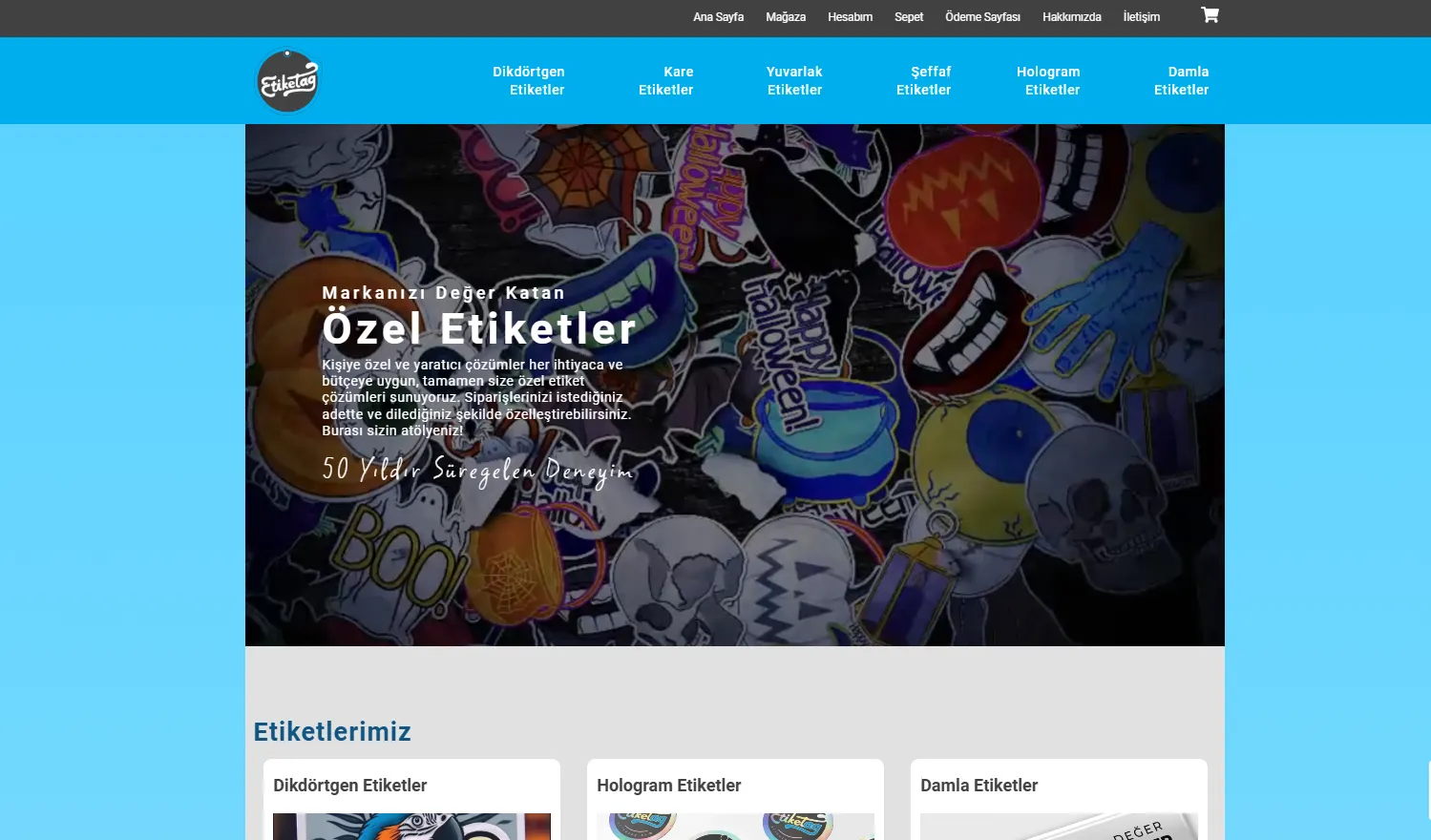Introduction to Artificial Intelligence (AI) in Marketing
Artificial Intelligence (AI) has become a cornerstone in the modern marketing landscape, offering unprecedented opportunities for businesses to connect with their customers in more personalized and efficient ways. As we delve deeper into the realm of AI Marketing, it’s crucial to understand the transformative impact AI has on the marketing industry.
The Evolution of Artificial Intelligence (AI) in Marketing
Artificial Intelligence (AI) in marketing is not a novel concept; its roots trace back to the early days of data analysis and automated decision-making systems. However, recent advancements in machine learning, data processing, and predictive analytics have exponentially increased AI’s capabilities. Today, AI empowers marketers to analyze vast datasets, predict consumer behavior, and deliver tailored experiences.
The Power of Predictive Analytics
Predictive analytics is a key component of Artificial Intelligence (AI) Marketing. It involves using data, statistical algorithms, and machine learning techniques to identify the likelihood of future outcomes based on historical data. This ability to anticipate customer needs and behaviors allows for more targeted and effective marketing strategies.
Personalization at Scale
Artificial Intelligence (AI)’s ability to process and analyze large amounts of data in real-time enables marketers to deliver highly personalized content to individual consumers. From personalized email marketing campaigns to tailored website experiences, AI-driven personalization is redefining customer engagement.
Enhanced Customer Experience
Artificial Intelligence (AI) tools are instrumental in enhancing the overall customer experience. Chatbots, for instance, provide instant customer support, while AI-driven recommendations offer customers products and services that align with their interests and behaviors. This heightened level of customer service fosters loyalty and satisfaction.
Improved Marketing Efficiency
Artificial Intelligence (AI) streamlines various marketing processes, reducing manual effort and increasing efficiency. Automation of routine tasks, such as data entry and campaign management, frees up marketers to focus on more strategic aspects of their roles.
Artificial Intelligence (AI)-Driven Content Creation
Creating content that resonates with your audience is pivotal in digital marketing. AI tools can assist in generating content ideas, optimizing content for SEO, and even writing initial drafts. This not only speeds up the content creation process but also ensures consistency in quality and tone.
SEO Optimization with Artificial Intelligence (AI)
AI tools are adept at identifying trending keywords and phrases, providing insights into what your audience is searching for. This information is invaluable for optimizing your content for search engines, ensuring it reaches the right audience.
Automated Social Media Management
AI-driven tools can manage social media posts, analyze engagement, and even interact with users. This automation saves time and ensures a consistent presence on social media platforms.
Artificial Intelligence (AI) in Email Marketing
Email marketing remains a vital component of digital marketing strategies. AI enhances email marketing by personalizing content, optimizing send times, and segmenting audiences based on behavior and preferences.
Personalized Email Campaigns
AI analyzes customer data to create highly personalized email content. This results in higher engagement rates as emails are tailored to individual preferences and behaviors.
Optimizing Send Times
AI can predict the best times to send emails based on when recipients are most likely to open and engage with them. This optimization increases the effectiveness of email campaigns.
Artificial Intelligence (AI) in Customer Insights and Analytics
Artificial Intelligence (AI) is a powerful tool for gaining deep insights into customer behavior. By analyzing data from various touchpoints, AI provides a comprehensive understanding of customer journeys, preferences, and pain points.
Real-Time Analytics
AI tools offer real-time analytics, allowing marketers to make data-driven decisions promptly. This agility is crucial in a fast-paced digital environment where customer preferences can change rapidly.
Predictive Customer Behavior Analysis
Artificial Intelligence (AI)’s predictive capabilities enable marketers to anticipate customer actions, such as churn or repeat purchases. This foresight allows for proactive strategies to enhance customer retention and increase sales.
Ethical Considerations and Future Trends
As Artificial Intelligence (AI) continues to evolve, it’s important to consider the ethical implications of its use in marketing. Privacy concerns, data security, and the potential for AI bias are issues that need addressing. Marketers must ensure that AI is used responsibly and transparently.
Staying Ahead of Artificial Intelligence (AI) Advancements
The future of Artificial Intelligence (AI) in marketing is brimming with possibilities. Staying informed about the latest developments and trends in AI will be key to leveraging its full potential. Marketers should continuously explore new AI tools and technologies to remain competitive.
Integrating Artificial Intelligence (AI) with Human Creativity
While Artificial Intelligence (AI) offers incredible efficiency and data-processing capabilities, the human element remains irreplaceable. The most effective marketing strategies will combine AI’s analytical power with human creativity and emotional intelligence.
Conclusion
AI Marketing is not just a trend; it’s a fundamental shift in how businesses interact with their customers. Its ability to personalize marketing efforts, streamline processes, and provide valuable insights is revolutionizing the field. As AI technology continues to advance, its role in marketing will only grow, offering even more innovative ways to connect with and understand customers. For businesses looking to stay ahead in the digital age, embracing AI in marketing is not just an option; it’s a necessity.




